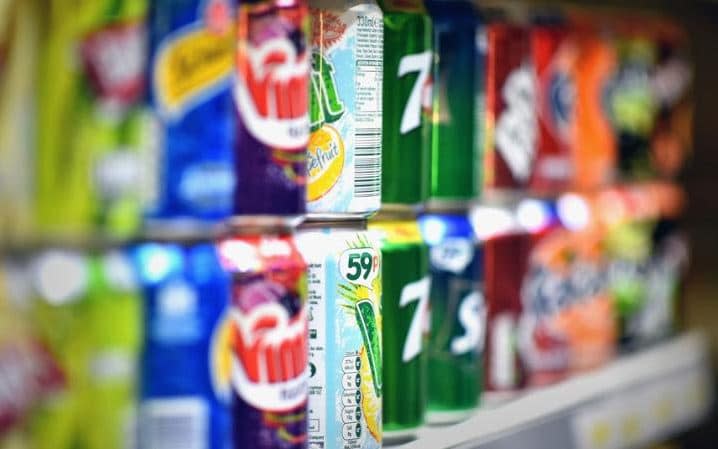Bottled water sales outstrip cola for the first time

Sales of bottled water have exceeded those of cola for the first time as warnings about the dangers of sugar begin to hit home, new research has shown.
UK consumers bought 1.77 billion litres of plain water in the year up to July 15, as against 1.72 billion litres of cola.
Industry leaders said total sales of water were expected to reach 4.7 billion by 2021, but warned that, while fizzy drinks sales were falling, the trend was being bucked by “millennials” - those born in the 80s and 90s - attached to unhealthy diets.
Sugar-sweetened drinks such as cola are the biggest contributor of sugar in the diets of children and teenagers
Action Against Sugar
The analysis by The Grocer comes ahead of the introduction next year of a sugar tax on fizzy drinks, which will add between 6p and 8p duty onto a 330ml can.
Despite the positive growth in consumption of bottled water, only 25 per cent of people currently drink a bottle at least once a week, according to Simon Oldham, commercial director for Highland Spring Group.
“We need to keep encouraging healthy hydration habits among younger generations and, in particular, make bottled water the drink of choice for all kids,” he said.
Kawther Hashem, a nutritionist at the campaign group Action on Sugar, said: “Sugar-sweetened drinks such as cola are the biggest contributor of sugar in the diets of children and teenagers.
“Unless they are reduced, these drinks will contribute to high levels of obesity, type 2 diabetes and tooth decay.”
Cola sales generated £1.69 billion in the 12 months to July 15, almost twice that of plain water.
This week, Public Health England said it would ask supermarkets, restaurants, and takeaway chains to shrink thousands of products in an effort to cut their calorie content.
Pizzas, ready meals, crisps and burgers are all being targeted by health officials as part of the Government plan.
Ministers have suggested that they may legislate if industry fails to comply with the voluntary guidance.

 Yahoo News
Yahoo News 